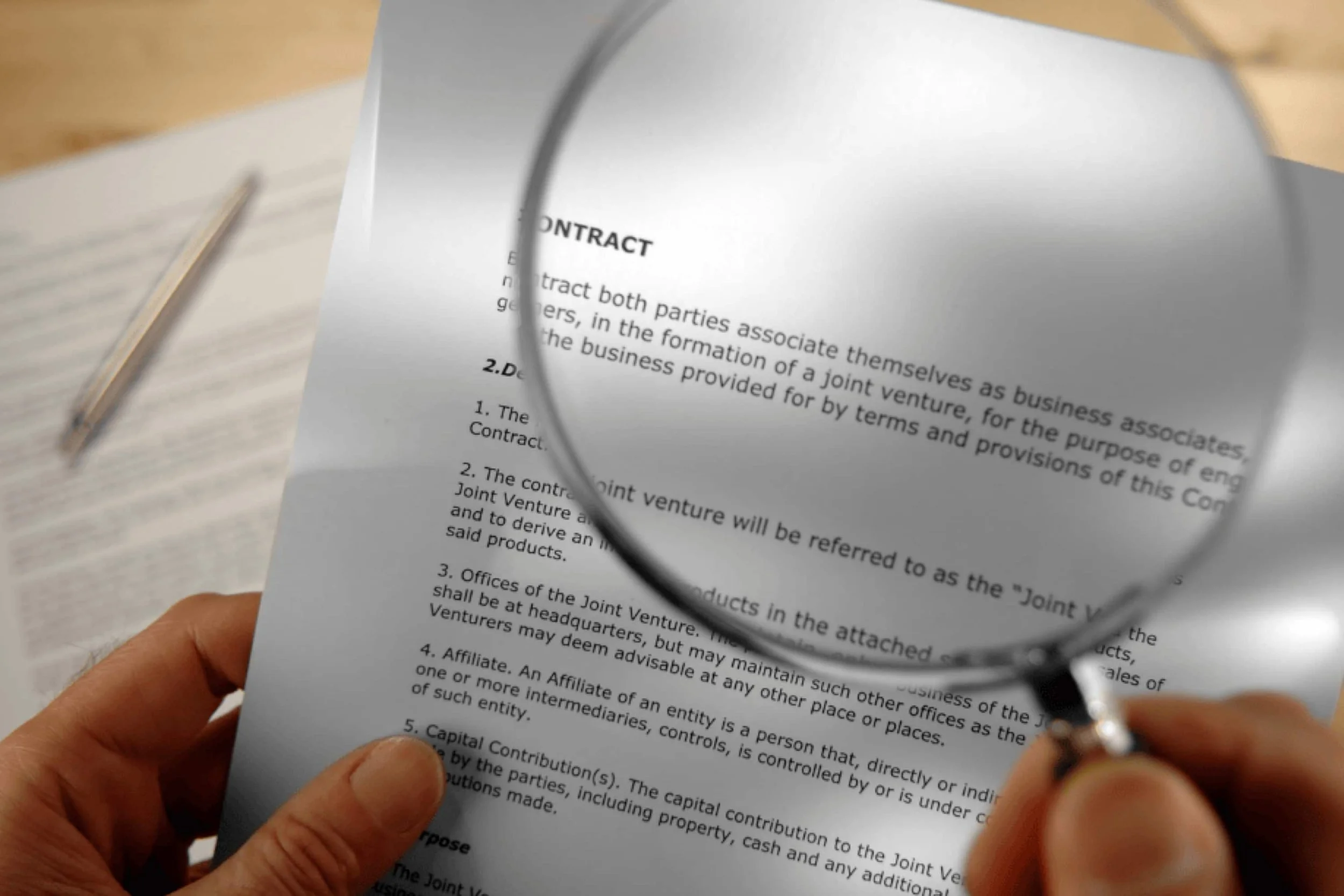What Is the Penalty for Breaking a Commercial Lease?
Navigating the complexities of a commercial lease can be challenging, especially when circumstances arise that may necessitate breaking the agreement. Understanding the penalties associated with early termination is crucial for both landlords and tenants.
We explore common reasons businesses may need to break a lease, the financial and non-financial consequences involved, and strategies for mitigating penalties through negotiation and expert advice.
Understanding a Commercial Lease
A commercial lease is a legally binding agreement between a landlord and a business tenant, outlining terms such as rent, lease duration, and the obligations of both parties, including property maintenance, payment schedules, and use restrictions. Breaking a commercial lease early usually triggers specific penalties, which will depend on the terms of the lease and the local laws regarding commercial property.
Reasons Businesses Break Commercial Leases
Businesses may need to break a commercial lease for various reasons, each carrying potential penalties. Common scenarios include:
Relocation Due to Growth or Downsizing
Businesses may outgrow their current space or downsize to cut costs, making the lease unsuitable. Despite these changes, early termination usually incurs financial penalties unless a sublease or negotiation is arranged.
Poor Location or Performance
If a business is in an underperforming location with low foot traffic or poor market fit, staying might not be viable.
Unmanageable Lease Costs
Unexpected rent increases or additional fees can strain finances, prompting the need to break the lease. Unless negotiated, this may lead to penalties.
Changes in Business Model or Market Conditions
Shifts in business strategy, like moving from retail to e-commerce, may mean a different physical space becomes necessary — for example, moving to a warehouse rather than a retail shop front. These pivots can lead to early lease termination.
Personal or External Factors
Health issues, changes in ownership, or personal life events may also force business owners to leave a leased property.
Regardless of the reason, breaking a lease often comes with penalties. Always review lease terms and consult professionals before taking action.
Common Penalties for Breaking a Commercial Lease
Here are the common financial penalties for breaking a commercial lease:
Remaining rent payments. Tenants may be required to pay the rent due for the remainder of the lease term.
Termination fees. Some leases specify an early termination fee, which can be a set amount or a percentage of the remaining rent.
Loss of security deposit. Breaking a commercial lease will often mean tenants forfeit their security deposit, even if the property is in good condition.
Restoration costs. Tenants may need to cover costs for any damages or for restoring the property to its original condition.
Legal fees. If the landlord pursues legal action, tenants may be liable for the landlord’s legal costs.
Costs of finding a new tenant. Tenants might be responsible for the landlord's expenses in finding a replacement tenant, such as advertising fees.
It's important to remember that breaking a commercial lease may also come with non-financial consequences that could be equally or more damaging.
Reputation damage. Breaking a lease can harm a business's reputation within the community and industry. Landlords and other business owners may view a tenant who exits a lease prematurely as unreliable or untrustworthy, which could affect future rental opportunities and partnerships.
Legal action. In pursuit of financial penalties, landlords may initiate legal action for breach of contract, leading to costly litigation, which can divert focus and resources away from running the business. A court ruling against the tenant can result in additional liabilities and long-term legal implications.
Credit impact. A landlord may report the lease default to credit bureaus, negatively impacting the tenant’s credit score. This can make it more difficult to secure loans or other leases in the future, diminishing business growth and operational flexibility.
Loss of customer trust. If a business relocates or closes abruptly, it could significantly impact customers. Maintaining customer loyalty can become challenging if clients feel uncertain about the business's stability.
Employee morale and retention. Breaking a lease, especially due to financial distress or instability, can create anxiety among employees. Concerns about job security and the business’s future can lead to decreased morale, productivity, and retention, which can, in turn, impact the consistency and effectiveness of marketing efforts tied to customer experience and brand reputation.
Operational disruptions. The process of breaking a lease can lead to significant operational disruptions. Finding a new location, moving, and setting up a new space takes time and resources, potentially leading to a loss of productivity during the transition period.
Mitigating Penalties of Breaking a Lease
When facing the need to break a commercial lease, businesses can take proactive steps to mitigate penalties through negotiation and strategic solutions. Here are several effective approaches:
Surrendering the Lease
One option for terminating a commercial lease early is to negotiate a surrender with the landlord, which involves both parties mutually agreeing to end the lease. While the landlord isn’t legally obligated to accept the request, the terms can be negotiated, often requiring the payment of a surrender fee to compensate for the early exit. If an agreement is reached, it’s crucial to formalise it in a deed of surrender, which serves as legal documentation of the termination and outlines the agreed-upon conditions.
Propose a Lease Assignment or Subletting
If your lease allows for it, offering to assign the lease to another tenant or sublet the space can be an effective way to mitigate penalties. This approach can relieve you of ongoing financial obligations while providing the landlord with a new tenant, reducing their risk of lost rent.
If this isn’t an option, you might like to offer to help find a replacement tenant. This may ease the landlord’s concerns about losing rental income. Demonstrating your commitment to helping the landlord fill the vacancy can lead to a more favourable negotiation outcome.
Explore a Lease Modification
Sometimes, modifying the existing lease terms may be a viable option. This could involve renegotiating rent or adjusting other lease conditions to make it more manageable. A landlord may be more willing to modify terms than to lose a tenant entirely.
Early Termination Clause
An early termination clause, or break clause, can be a valuable provision in a commercial lease, allowing tenants to exit the agreement under specific conditions. It’s essential for business owners to discuss and negotiate these terms beforehand, as they often come with associated costs.
Document Everything
Keep thorough records of all communications and any steps taken to address the situation. This documentation can be crucial if disputes arise later and can support your position during negotiations.
Businesses can use these strategies to manage the complexities of breaking a commercial lease while minimising financial and legal penalties. Proactive negotiation and a willingness to work together can lead to solutions that preserve business relationships and support future opportunities.
Legal Considerations and Expert Advice
Before making any decisions about breaking a commercial lease, it’s a good idea to review the lease agreement with a legal expert thoroughly. This review is crucial for understanding the specific terms and obligations outlined in the contract, as well as any potential penalties for early termination.
State-specific laws can significantly impact these penalties and the overall process, making it essential to be informed about local regulations. Seeking legal advice clarifies your rights and responsibilities while helping identify strategies to mitigate consequences, ensuring that you make informed choices that protect your business's interests.
If you’re a landlord or a business with a commercial lease and you’d like to explore your options regarding lease agreements, whether you’re considering breaking a lease, negotiating terms, or seeking advice on legal implications, we’re here to help. Please feel free to reach out to us today.
Disclaimer: This article is general in nature and does not constitute legal advice. If you require legal advice in relation to your personal circumstances, you must formally engage our firm, or another firm to provide legal advice in relation to your matter. Bradley & Bray lawyers take no responsibility for any use of the information provided in this article.





